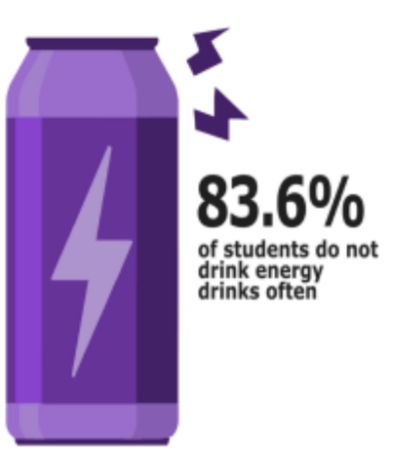Mental health deserves to be treated as importantly as physical health

Kate Fitzsimons, a motivational speaker and life coach originally from Sydney, Australia, addresses students at Communications High School on Feb. 25, 2020. She discussed the importance of managing negative emotions and being in control when choosing how to respond to difficult situations.
January 19, 2021
We live in a world that never stops moving, and although mental health awareness has quickly become a trending topic, many times it’s overlooked and pushed aside in fear of slowing us down. The case isn’t the same when it comes to physical health, however, which quickly becomes a priority before any other responsibility.
If a person suffers from a physical injury or disability, accomodations are made and their health is prioritized in order for a safe and speedy recovery. Mental disabilities are harder to spot, harder to talk about and therefore harder to seek help for.
Mentalhelp.net conducted a poll of over 2,000 people in which they surveyed people’s willingness to talk about their health, both physical and mental.
76% of the participants said they would very likely talk to a significant other about their own physical health, while only 28% would very likely open up about their mental health.
In the same fashion, they studied mental illness in the workplace and found that 63% of participants are comfortable with calling in sick from work if they show symptoms of a physical illness while 59% of people surveyed said they would be “very unlikely” to call in sick if they showed signs of depression or mental illness.
According to Stat News, mental disorders affect more than 20 percent of American adults, and these disorders are often linked with physical illnesses like diabetes and heart disease. They also increase risks of physical injury and death through violence and suicides.
When talking about mental and physical health, the two go hand-in-hand and should be thought of as interconnected issues. Poor physical health will increase the likelihood of developing mental health issues in the same way that poor mental health can lead to physical conditions that can be terminal.
Health as a whole should be prioritized before any responsibilities. Physical and mental health should stop being referred to as separate issues and should start being treated with the same concern.













